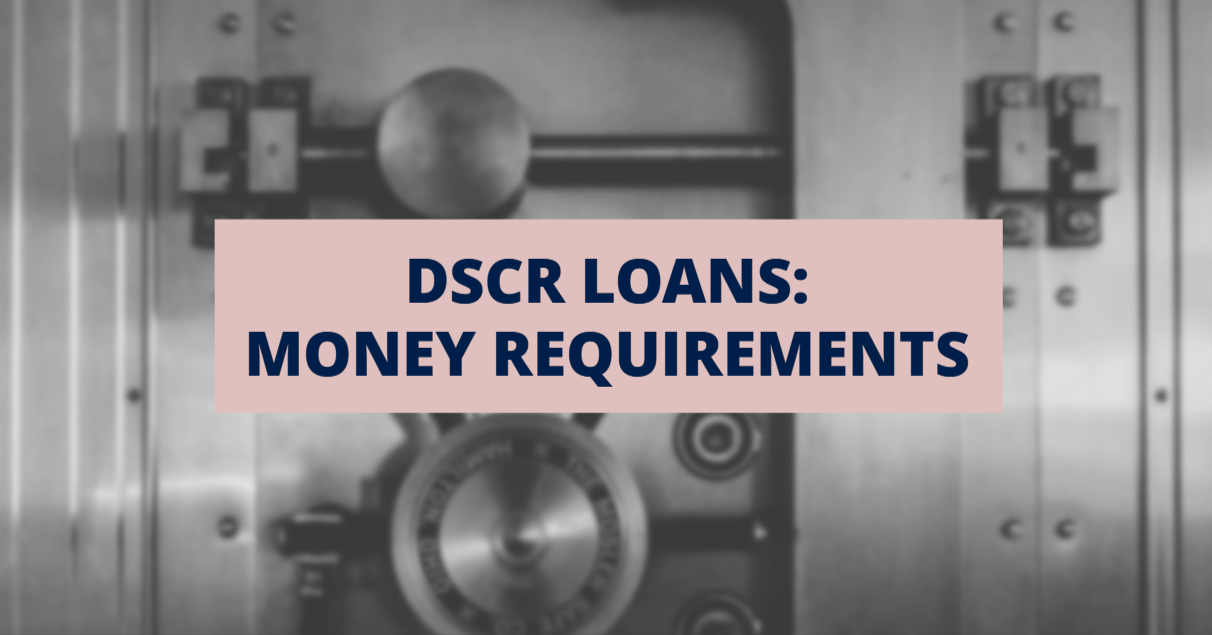Investors think of DSCR loans as the “easy loan.” But here are 3 DSCR loan money requirements you need to know.
Sure, DSCR loans have a simpler underwriting process and criteria compared to conventional mortgages.
But there are a few key expenses you’ll need to keep in mind.
When applying for a DSCR loan, it’s important to have a solid plan in place for covering the necessary down payment, closing costs, and reserves. Here’s what you need to know about DSCR loan money requirements.
Down Payment
The down payment is the upfront payment you make when purchasing a property. This is whatever isn’t covered by your DSCR loan’s LTV.
Closing Costs
Closing costs are the fees associated with obtaining a loan, including lender fees, appraisal fees, and title insurance. These costs can vary widely, but generally range from 2-5% of the loan amount. It’s important to budget for these costs and have the funds available at closing.
Reserves: An Important DSCR Loan Money Requirement
Most importantly, DSCR loans will require reserves.
Many lenders require you to have 3-6 months’ worth of mortgage payments in reserve to protect against unexpected situations, such as a tenant vacating the property.
These funds can come from your own savings or from borrowing OPM (Other People’s Money) from a business partner, friend, or family member.
By having a solid plan in place for covering these money requirements, you can increase your chances of getting approved for a DSCR loan. Keep in mind that your lender will want to see evidence of these funds in order to approve your loan.
More on DSCR Loan Money Requirements and Other Criteria
Read the full article here.
Watch the video here:



